In the early 1980s Jon Randals book on the Lebanon war was passed around young correspondents and aid workers like a sacred text. It is one of the first accounts of the misadventures of the Middle East to give a fair voice to all sides and satisfactorily explain what really goes on.
It is a tribute to Randal that after a long career spent in unpleasant situations he can still be moved to outrage at the bestiality he witnesses in Lebanon.
Randal is not only a fearless reporter but also a talented writer.
Solid, passionate and insightful.
A BOUT
J UST W ORLD B OOKS
T IMELY B OOKS FOR C HANGING T IMES
Just World Books produces excellent books on key international issuesand does so in a very timely fashion. Because of the agility of our process, we cannot give detailed advance notice of fixed, seasonal lists. To learn about our existing and upcoming titles, to download author podcasts and videos, to learn our terms for bookstores or other bulk purchases, or to buy our books, visit our website:
 www.justworldbooks.com
www.justworldbooks.com
Our secure-purchase webstore is at:
justworldbooks.mybigcommerce.com.
Also check our updates on Facebook and Twitter!
Our first title was published in October 2010. By March 2012, we had published ten titles, including:
- The Tragedy of Lebanon: Christian Warlords, Israeli Adventurers, and American Bunglers, by Jonathan Randal
- The Generals Son: Journey of an Israeli in Palestine, by Miko Peled
- Troubled Triangle: The United States, Turkey, and Israel in the New Middle East, edited by William B. Quandt
- War Diary: Lebanon 2006, by Rami Zurayk
- Where the Wild Frontiers Are: Pakistan and the American Imagination, by Manan Ahmed, with a Foreword by Amitava Kuma

Other works by Jonathan Randal:
After Such Knowledge, What Forgiveness? My Encounters with Kurdistan (1997)
Osama, the Making of a Terrorist (2004)
In memory of Franoise Demulder, or Fifi to her friends, as brave and beautiful a war correspondent as ever there was, whose prize-winning photograph serves as the cover of this book and better than wordscertainly minebears timeless testimony to the particular folly of Lebanons little wars. For this black-and-white shot of Beiruts Quarantina district in January 1976, she became the first woman to be awarded the prestigious World Press Photo of the Year. Note the almost painterly but nonetheless naturally dramatic composition: Against a background of burning buildings, an old woman pleads with a masked Christian militiaman as a man in a keffiyeh herds three frightened little boys, one of whom has his hands held over his head. Fifi was an elegant, gutsy, and quintessentially French charter member of the moveable village of reporters, photographers, and cameramen who moved from Vietnam to Lebanon and to many other Third World conflicts in the last decades of the 20th century. Never was her courage more impressive than in the last five years of her life, when a fluke accident during a complicated operation left her paralyzed and bed-ridden. She died in the Paris suburb of Levallois-Perret in 2008, aged 61. Special thanks to Genevive Lamoureux and Sylvain Breton, executors of her estate, and to the Agence Roger-Viollet for allowing use of the photograph. JR


Main text, 1983 Jonathan Randal. 2012 Preface, 2012 Jonathan Randal.
Historical cover photograph by Franoise Demulder, The Image Works and used here by permission.
Portrait of Jonathan Randal on cover, 2012 Kun Tian.
Grateful acknowledgment is made by Mr. Randal for permission to reprint selections from Moshe Sharett, Personal Diary (195357), 8 vol. (Hebrew), Maariv Publishing House, Tel Aviv, 1979, edited by Yaakov Sharett.

All rights reserved. No part of this book may be reproduced or transmitted in any form or by any means, electronic or mechanical, including photocopy, recording, or any information storage retrieval system, without permission in writing from the publisher, except brief passages for review purposes. Visit our website, www.justworldbooks.com.
Library of Congress Cataloguing Data:
Randal, Jonathan, 1933
The Tragedy of Lebanon
LCCN 2012931106
ISBN-13: 978-1-935982-16-6
ISBN-10: 1-935982-16-8
1. LebanonHistoryCivil War, 197576.
2. LebanonHistoryIsraeli intervention, 1982
3. Randal, Jonathan C., 1933 . 4. Journalists
United StatesBiography. I. Title.
DS87.5.R36 2012
Contents


Preface to the 2012 Edition
W hat author would not be delighted to see a book, particularly his first and most controversial, published again almost 30 years after its initial printing? I am especially pleased that after all these years, to my genuine surprise, the book does not make me blusha common enough failing of books by journalists. When originally published in 1983, this book broke new ground in chronicling how Lebanons willful Maronite Christian hardliners committed political suicide and helped plunge their small, religiously complicated country into spasms of violence that have yet to subside completely. When the book came out, Lebanon was still only eight years into a lethal tangle of internal civil conflict and armed intervention by outsiders that continued well into the current century. But today the Middle East, the United States, and the wider world still feel the effects of that tumult. Perhaps immodestly, I would argue that my book helped sound the alarm of abiding trouble to come.
One key way in which the topics covered by this book remain relevant is the relationship they bear to the ordeal being endured by many Christians in the Moslem worldin a wide arc, that is, from Pakistan and Iraq to Syria, Egypt, and northern Nigeria. That travail is, in the main, the result of violent Moslem reaction to a perceived baleful Western interference in their affairs. But that is only the most obvious reason, the one that attracts the headlines. I think that whats been happening is also the resumption of a process that dates as far back as the Fourth Crusades sack of Constantinople in 1204: Now, as then, Western Christians have been responsible for much of the distress of their Eastern co-religionists (who are, after all, the descendants of the very earliest adherents of the faith). Indeed, the long erosion of the Eastern Christians numbers and influence has accelerated in recent decades in the wake of repeated Western military occupations of Moslem lands. Those more modern occupations include Napoleons expedition to Egypt in 1798, and the series reached its contemporary apogee with Americas wars in Afghanistan and Iraq. Throughout this process, Eastern Christians have served, sometimes wittingly, sometimes less so, as pawns in the Middle Easts game of nations. And too often, they have ended up as its victims, too.

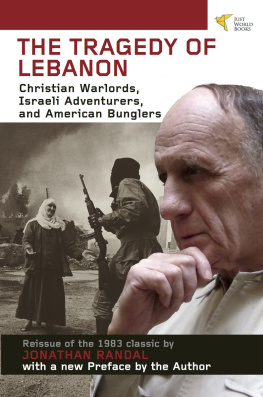
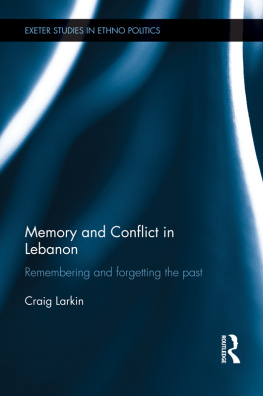
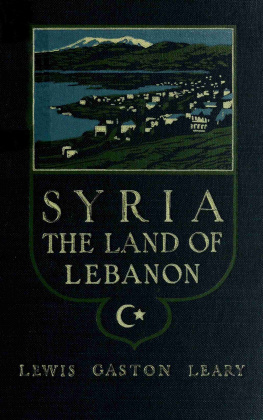
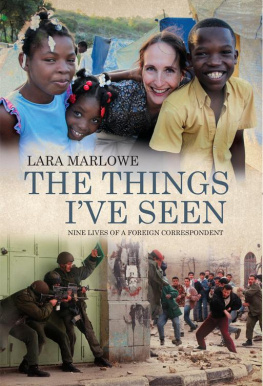


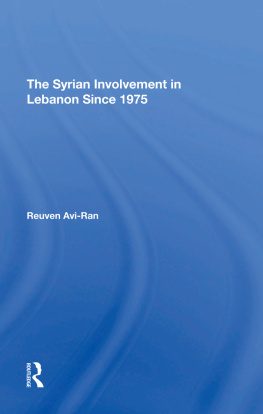

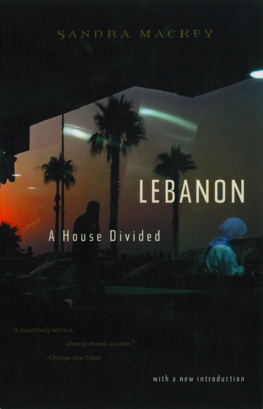
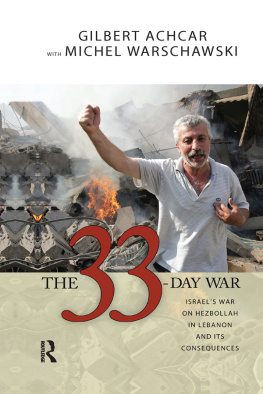

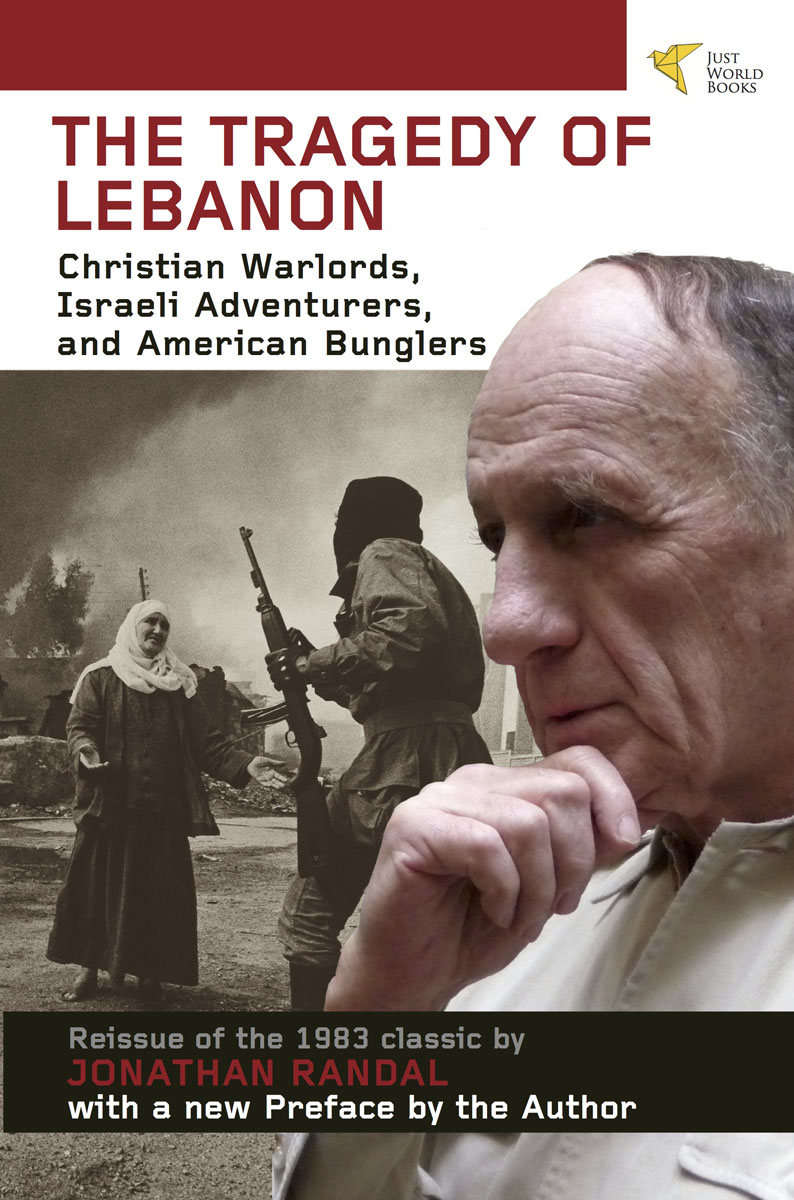

 www.justworldbooks.com
www.justworldbooks.com


